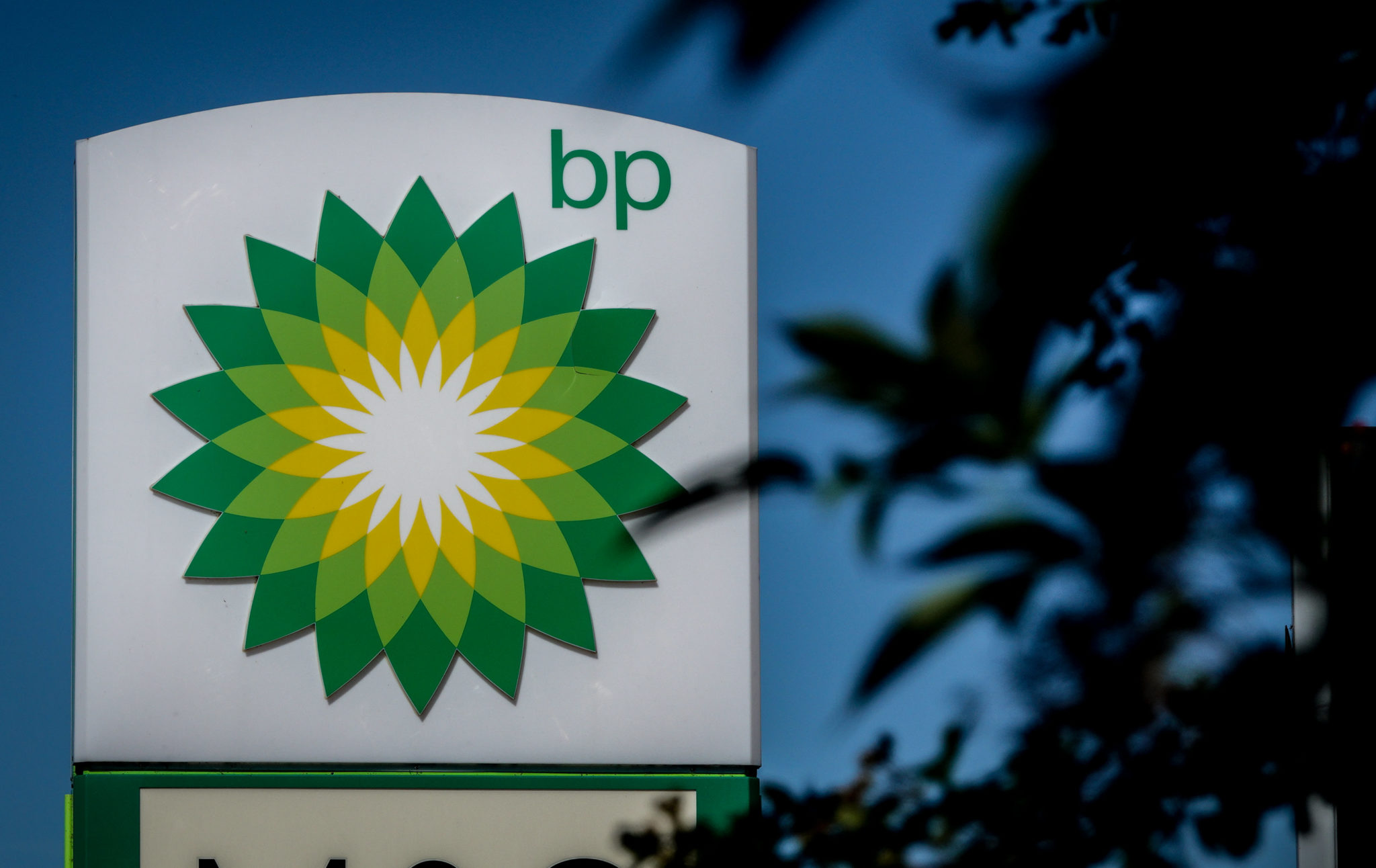British energy giant bp announced a significant drop in second-quarter net profit as oil and gas prices retreated from the historic highs reached a year earlier following Russia’s invasion of Ukraine. The company reported that profit after tax plummeted to US$1.8 billion in the three months ending June, compared with a staggering US$9.3 billion in the second quarter of the previous year, echoing a broader trend of hefty falls across the energy sector.
The energy major attributed the decline in profits to the fluctuating prices of oil, gas, and refined products. Energy prices experienced an unprecedented surge a year ago in the wake of the Ukraine invasion by Russia, leading to global inflation hitting levels not seen in decades and providing oil and gas companies with record profits.
bp nets US$8.2 billion in Q1 profit | OilNOW
In the aftermath of the invasion, Russia cut gas shipments to Europe, causing a supply crunch that sent gas prices soaring. The oil markets were also severely impacted by supply concerns, leading to an extraordinary rise in oil prices worldwide.
However, in the subsequent months, gas and oil prices have pulled back from their peak levels but have remained elevated. Despite the drop in profits resulting from the market corrections, bp remains optimistic about its financial prospects and the outlook for cash flow.
Chief Executive Officer (CEO) Bernard Looney expressed confidence in the company’s performance and its ability to generate cash flow, which prompted the decision to hike its dividend and return US$1.5 billion to shareholders through the repurchasing of stock.
In response to the earnings update, bp’s share price saw a 1.9% increase in early London trading.
As energy markets continue to navigate the aftermath of geopolitical events and supply challenges, companies like bp face ongoing uncertainty. Rivals Chevron (CVX), Exxon Mobil (XOM), and Shell (SHEL) also saw earnings shrink because of the decline in energy prices.
Bp is facing backlash from shareholders for rolling back on its oil and gas production cut. The company still remains laser-focused on its energy transition. It said it intends to increase its investment in oil and gas and in its “transition growth engines” – bioenergy, hydrogen, renewables, electric vehicle charging and convenience.
Bp plans to make an additional investment of US$8 billion of capital in these areas through 2030.



